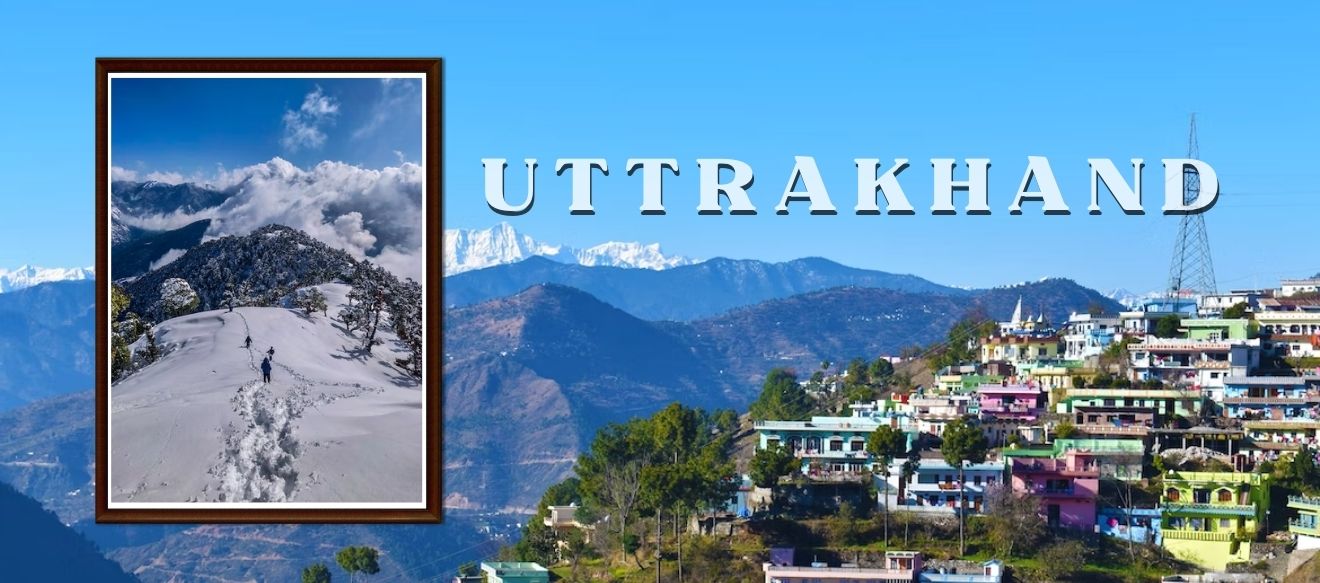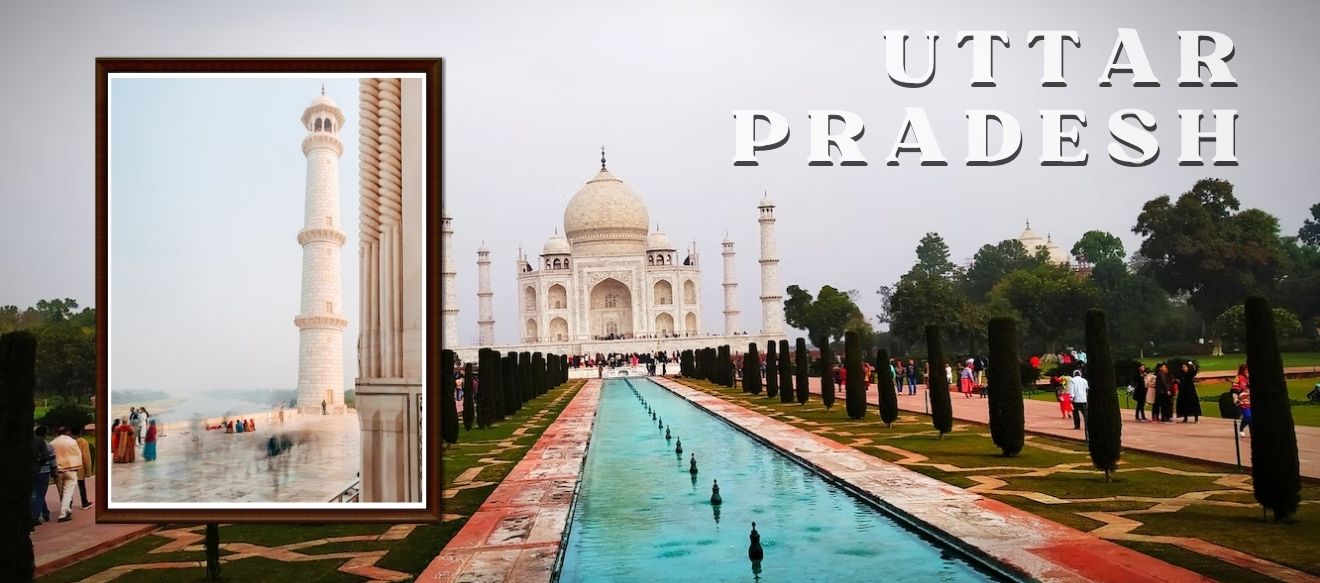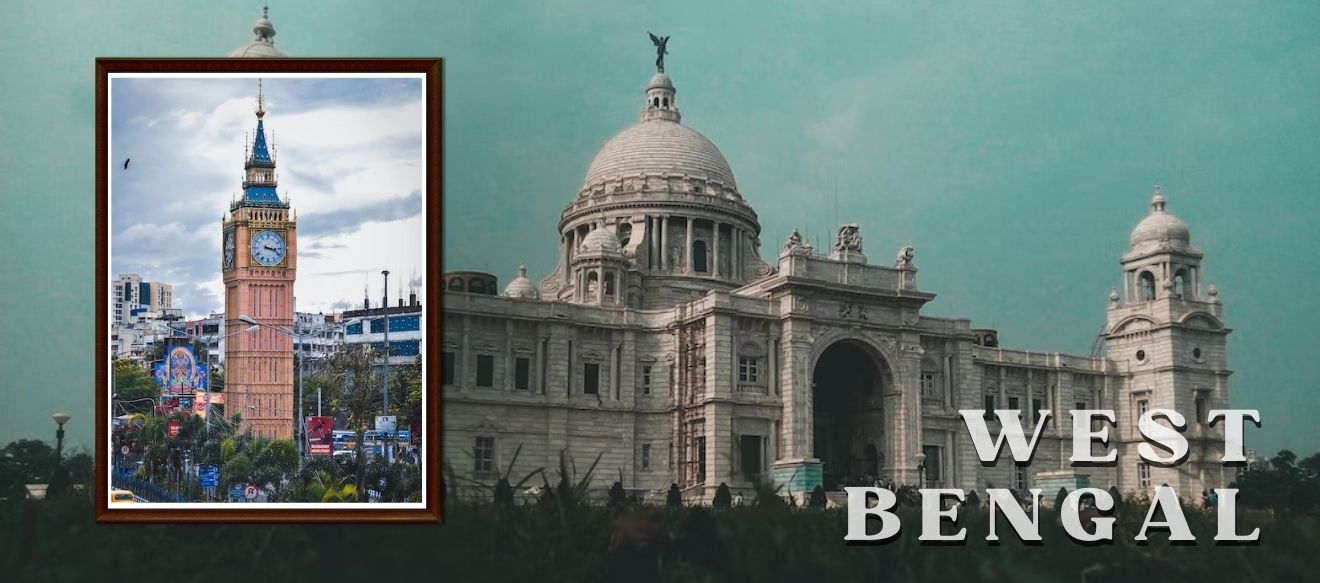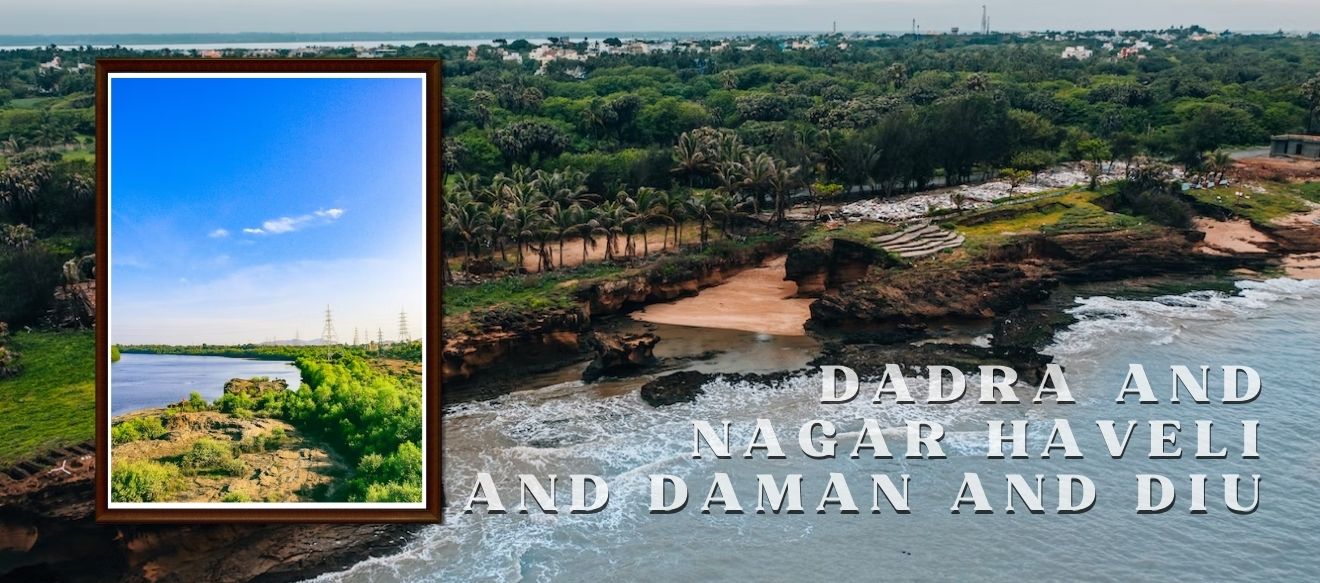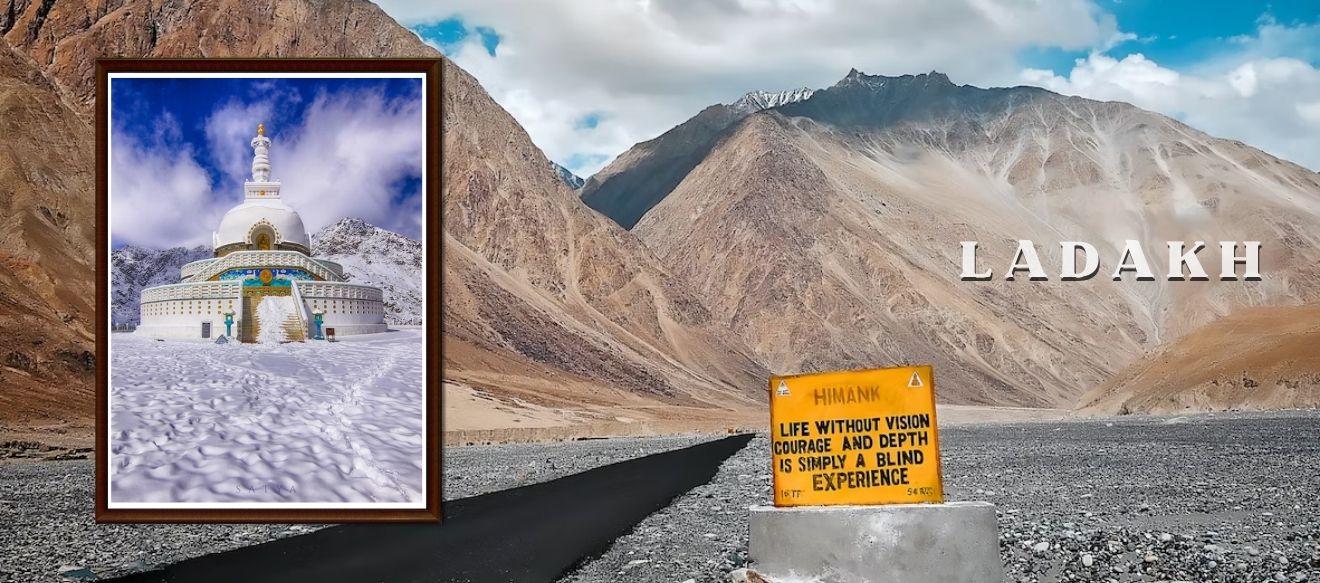A Brief Introduction of About Tripura
Introduction
Tripura is located in the northeastern region of India. It is a cultural heritage with distinct tribes. Its capital is Agartala. It is the third smallest state along with 8 districts.
History
Tripura was a princely state, administered by the British Raj. On 15th August 1959, Tripura merged with India and on 1st July 1963, it became a Union Territory of India. Finally, on 21st January 1972, Tripura get the status of statehood.
Fairs and festivals
Fairs and festivals consist of cultural traditions. Various fairs and festivals are celebrated throughout the year such as Kharchi Puja, Durga Puja, Ashokastami Festival, Bisu festival, Hojagiri, Ker festival, Raas Mela, Garia Puja, Maghi Purnima Mela, and much more.
Geography
Tripura covers an area of 10,491.69 km². It is surrounded by – Mizoram ( to the east), Bangladesh (to the west, north, and south), and Assam (to the northeast). It is included in the list of seven sister states. The longest river in the state is the Gumti River.
Demographics
The state is one of the most populated states in the Northeast region. The total population of the state is 3,671,032 of which females are 1,799,165 and males 1,871,867 as per the 2011 census.
Culture
Tripura is a state of diverse cultural traditions with some specialties. The state is famous for its handloom and handcrafting skill which is used to make bamboo, cane, jewelry, and handloom products.
Language
The official language of the state is Tripura (Kokborok), while the most spoken language is Bengali. Other languages spoken by Sino-Tibetan and Indo-Europeans are Mog, Odia, Garo, Bishnupriya Manipuri, Chakma, and Hallam.
Tourism
Tripura, admired by the various tourist hotspots are historical sites, temples, wildlife sanctuaries, eco-parks, and museums. Neer Mahal, Ujjayanta Palace, Kunjaban, and Malancha Niwas are the beauty and pride of the state. The popular wildlife sanctuaries are Rowa wildlife sanctuary, Sepahijala wildlife sanctuary, and Trishna Wildlife Sanctuary.
Education
Tripura is one of the literate states. According to the 2011 census, it has an 87.75% literacy rate, while as per data from the 2015 child census, the literacy rate is 95.65%. The state has 15 colleges and also the National Institute of Technical in Agartala.
Dances and music
Tripura has various forms of dance and music of the distinctive tribes. Their music culture is attached to various legends and myths stories. There are several famous folk dances and music such as Lebang Boomai dance, Bizu dance, Hai Hak dance, Jhum dance, Gajan dance, Cherawlam dance, Hozagiri dance, Mog dance, Galamuchamo dance, and Rabindra Sangeet.
Cuisine
The state-served Tripuri cuisine. Tripuri cuisine is famous for its non-vegetarian dishes. They usually used meat along with vegetables. Mui Borok is the traditional Tripuri cuisine. The food prepared in Tripura is healthy and oil-free such as Muya, fish stews, Bangul rice, and fish along with vegetables, Betma, and herbs. The famous sweet dish is Poda Pitha. Mai means rice is the famous staple food of Tripura.
All District of Tripura
Dhalai District, Agartala
History:
Dhalai is an administrative district in the state of Tripura ..
Gomati District, Agartala
History:
One thousand years ago Rangamati was the capital of the Mog K..
Kowai District, Agartala
History:
The undivided Khowai began its administrative suspension in t..
| More Districts | ||
|---|---|---|
| North Tripura Region, Agartala | Seppahijala District, Agartala | North Tripura District, Agartala |
| Unakoti District, Agartala | West Tripura Region, Agartala | |
Other State


